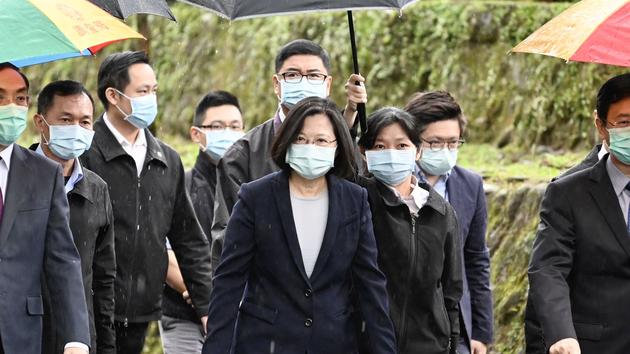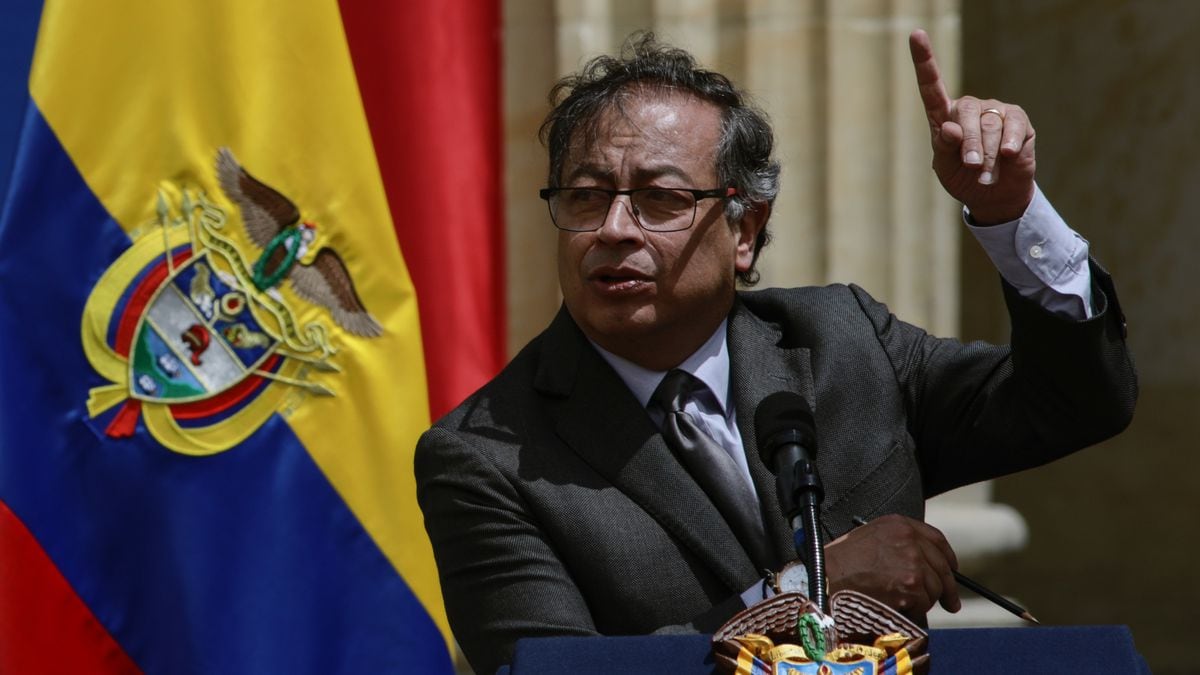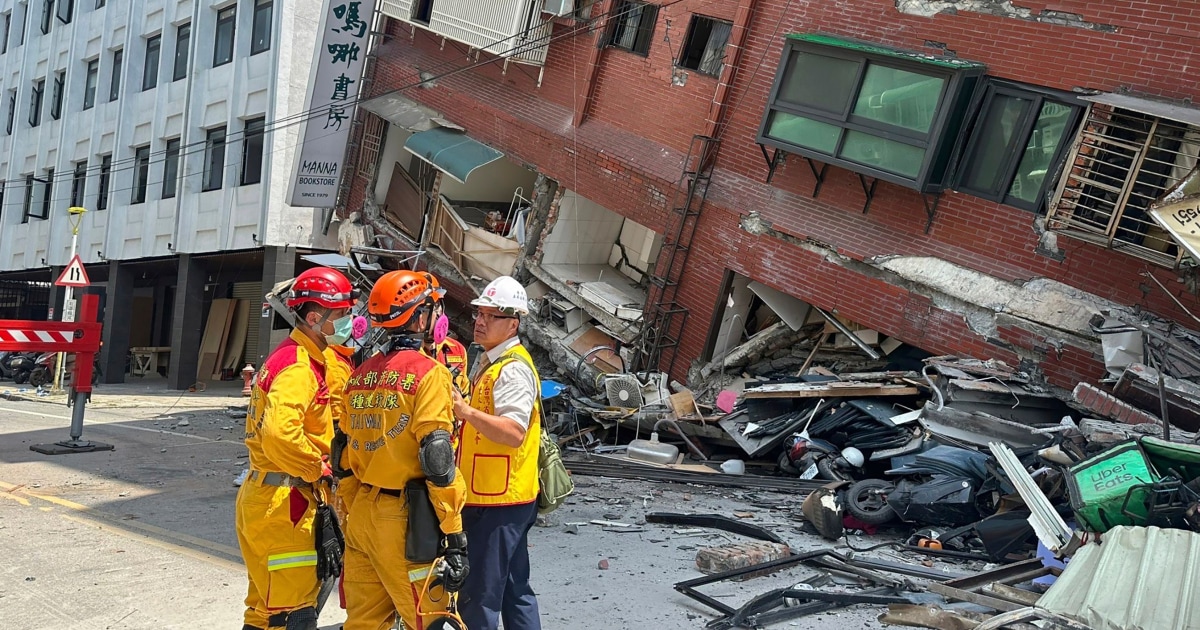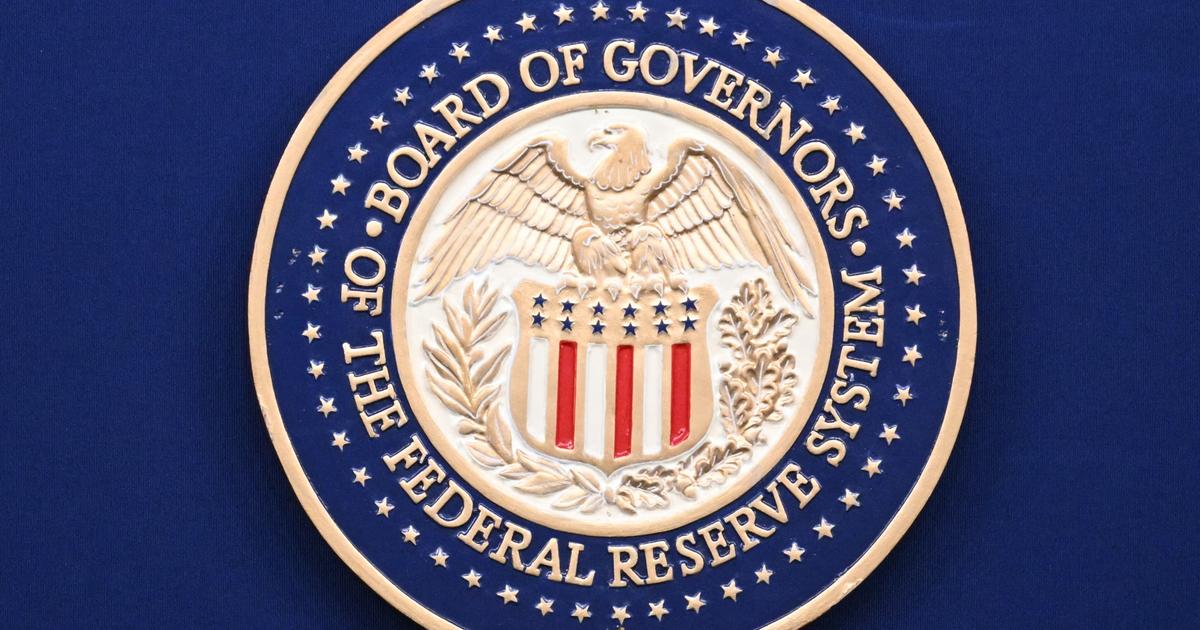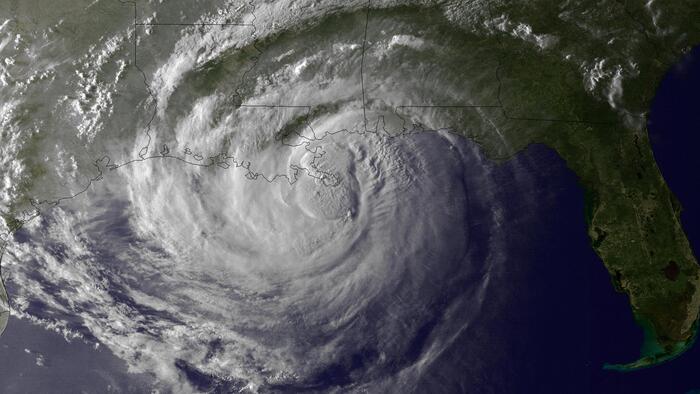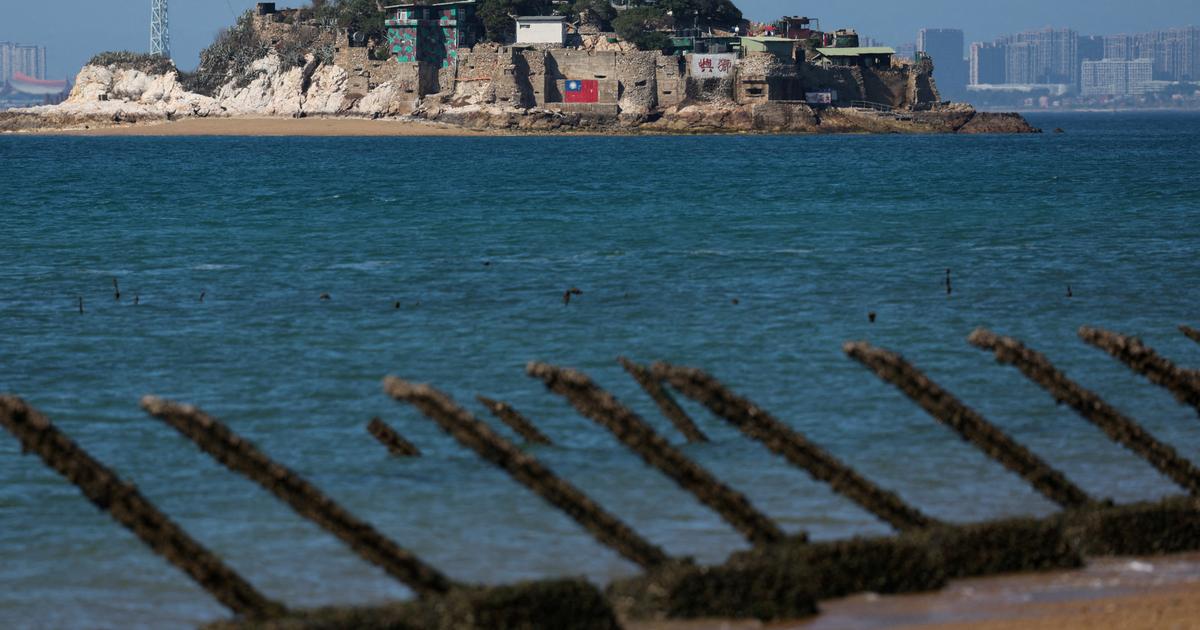Jean-Marc Egly is research director at Inserm and member of the Academy of Sciences. He also teaches at the College of Medicine of the National Taiwan University.
At a time when we are living up to the rhythm of the numbers (number of people infected with Covid-19, deaths per day, days of confinement), the small island of Taiwan - strong with 24 million inhabitants but unfortunately too often neglected - gives a lesson to the world.
This pandemic has been taken very seriously, and as often with all things, woe is good, Taiwan has learned to count on itself, being, under pressure from China, almost excluded from all international bodies. As a professor at the College of Medicine of the National Taiwan University , I was able to appreciate the daily life and the actions carried out to face this health crisis and unfortunately compare them with what Europe, including France, is capable of. to do.
The Taiwanese are very informed and diligently follow the behavior of their leaders.What can be seen first in Taiwan is the civic spirit shown by the Taiwanese. Some will speak of a political regime with strong power that many Asian countries know. This is not the case in Taiwan, which has built a democratic regime for 40 years. This country is the result of the history it has faced over the centuries, having to deal with Europeans, Japanese, Americans, the 2 million Chinese who had to integrate in the 1950s, and which has made it what it is today, a country of great culture and beautiful philosophy.
In the current context, we could summarize the philosophy of the Taiwanese people facing this pandemic by the following expression: "My security is the security of the group." This results in solidarity, a deep respect for others as well as a total listening to the instructions of the government. It would be wrong to see this as a sign of the passivity of the population. On the contrary, the Taiwanese are very informed and follow assiduously the behavior of their leaders, ready if necessary, to punish them as the results of the recent elections have shown. There is respect for elected officials and elected officials have respect for themselves, which is not - let us not displease - always the case with us.
As of March 14, any passenger arriving in Taiwan was quarantined for 14 days.As of the knowledge of suspected cases of pneumonia in China, at the end of December 2019, the CDC ( Center for Disease Control ) set up a monitoring committee on January 5 and identified Covid-19 as being at the origin of this pandemic. Fifteen days later and following the detection on his soil of isolated cases, President Tsai Ing-Wen ignoring untimely statements from various countries including in particular mainland China, created an emergency committee (and this well before the WHO reactions), aiming to take all possible measures to halt the onset and development of this epidemic. Note that Taiwan decided to re-sequence the genome of the virus, although it was able to obtain the sequence of the virus thanks in particular to its fellow citizens located in the Wuhan region.
Building on its past experience (SARS in 2003 and H1N1 in 2009), Taiwan was ready to face the wave of contamination that would sweep the island, from 5-6 March with a peak of 25-30 infected between 15 and March 21; the carriers of the virus were very often Taiwanese who came to spend the spring celebrations with family. At the beginning of March, reception rooms for resuscitation and negative pressure treatment were set up. Border control procedures to identify imported cases were strengthened, with all travelers entering Taiwan being screened for health and provenance. As of March 14, any passenger arriving in Taiwan was quarantined for 14 days. The close contacts of these passengers are also placed in segregation at home. The regulations then became stricter when 33 cases were discovered among sailors of the Donmu Fleet, where more than 700 people who had worked with them had to remain in quarantine for the next 14 days.
Very few offenders have been arrested, contrary to what we have seen in France.The wearing of the mask was made compulsory in transport, and public places (shops, universities, schools, offices, elevators). Some domestic flights were canceled, as were transit flights, canceled shows and a 1.5 meter distance imposed in restaurants. Although some dissuasive measures have been taken (such as fines for those who wear a mask in the metro (€ 450) or the non-declaration of his state of health (€ 9,000), very few offenders have been arrested, unlike to what we could see in France.
Even if at the beginning of the epidemic, the Kuomintang , currently a political opposition party, denounced the measures taken with regard to China (closing of the borders to all Chinese nationals, use of the expression "Wuhan virus") rather than Covid-19), he quickly rallied to the other parties on the question of Taiwan's participation in the WHO, and approved the law of February 25, assuming that in the present circumstances, "the enemy is the virus, not the other parties ”). It was remarkable to observe the behavior of the leaders of the opposition, the aim of which was also to not disturb public opinion with contradictory messages in these times of health crisis. Another lesson to remember!
What is striking in Taiwanese politics is its forecasting aspect and its speed of execution.If the health system was ready, the same was true of the legal system. Drawing on lessons from the past, the authorities had set up the Epidemic Command Center or CECC under the supervision of the Ministry of Health, rendering the need to resort to a state of health emergency almost ineffective to deal with the Covid -19. The CECC was the only authority to transfer information on the health crisis avoiding any cacophony, also reassuring the population. However, it was more difficult to initiate digital tracing in order to collect video surveillance data, identify the chains of transmission and monitor the health status of people placed in quarantine. The Taiwanese authorities were indeed fully aware that this was about privacy. They acted with caution and widely communicated that this form of tracking was intended to delay entry into confinement, a device which carried out an even more serious attack on liberties, also indicating that all these measures would lapse once the past health crisis. What is happening in France at the start of May?
What is striking in Taiwanese politics is its forecasting aspect and its speed of execution as evidenced by the case of masks. Taiwan, like many other countries, had abandoned this production, leaving this low-profit production to China. At the end of January, having noted the weakness of their stocks, the authorities mobilized small local companies as well as researchers from the Technological Research Institute in order to create the necessary tools or to obtain them from abroad. in Germany. With government funding under a law / decree (approved by deputies, all trends combined), a production chain of more than 19 million masks per day was then established, employing 200 technicians. Taiwan could thus be self-sufficient and allow itself the luxury of offering masks "made in Taiwan" to many countries including France which is still thinking about the question of their production and the legitimacy of it. obligation to wear them.
Elderly people don't clutter resuscitation rooms in TaiwanWe can only admire this mobilization both at the government level and at the university hospital level. To fight this pandemic, the Ministries of Health, Research, Education and Industry were mobilized together. The Central Epidemic Comand Center (CECC) was able to benefit from the advice of experts of international stature. Virologists from screening centers assisted by other hospital and university laboratories were mobilized to carry out and develop the first detection tests. Many researchers whose virology was not the primary specialty, began to design tests for detection or faster serological measurements, and thus be ready to provide the appropriate biological tools for the following steps. Others set out to evaluate potential therapies suggested by different institutes or pharmaceutical companies without a priori any, knowing that the passage in the clinic would be faster than normal following the decree of "temporary approval" with monitoring even more strict. Anyone who knew how to extract RNA from infected cells and use PCR machines to identify the presence of the virus was ready to act. This type of detection can be done in almost all life science research laboratories. How many of our French laboratories could also have set themselves to this task with the greatest rigor, but we were unable to mobilize them, leading to a glaring lack of detection tests. Instead, we closed the research laboratories, which had all of these skills.
Note that, contrary to what is observed in France, it is not the elderly who clutter the resuscitation rooms. Over 60% of the most affected patients are between 20 and 40 years old (they came to see their families during the spring holidays), only 14% are over 60 years old. To date (May 10), there have been in Taiwan, out of 67,400 patients tested, 440 patients infected with the coronavirus of which 368 have recovered and only 7 deaths, the others being still hospitalized.
Taiwan has so far largely maintained its economy.Despite all this effort and this policy - which we can assess the success today - we cannot obviously predict the future and be able to know if Taiwan is ready for a second wave and if its population is sufficiently immunized. It is too early to say, but the tools (political, legal and medical) are there. While preserving the health of its population, Taiwan has for the most part maintained its economy. Couldn't we have done the same? And would we have been able to? Perhaps we should reread the fable of Monsieur Jean de la Fontaine in which a rat helped a lion!

